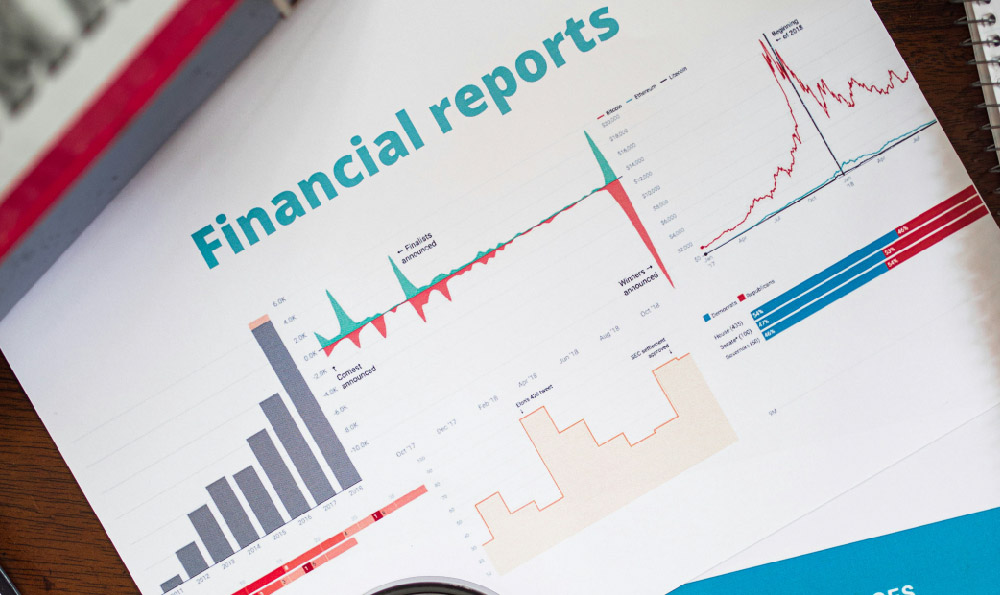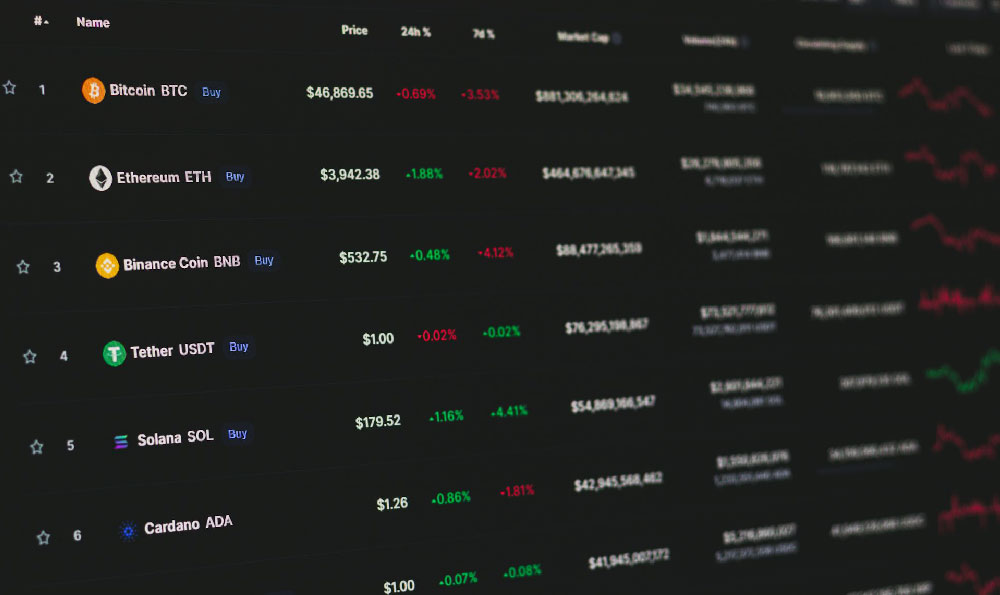The shimmering world of music stardom often obscures the complex financial realities faced by recording artists. While images of mansions and private jets dominate the public perception, the actual income earned by musicians is often far more nuanced and, in many cases, significantly lower than expected. Understanding the multifaceted revenue streams and expense deductions is crucial to grasping the true economic landscape of the music industry.
Decoding the Revenue Streams: Beyond Album Sales
Gone are the days when album sales alone determined an artist's financial success. The digital age has fragmented income sources, creating a complex web of royalties and performance fees. To understand the artist's earning potential, we must dissect these various revenue streams:

-
Streaming Royalties: This is arguably the most prominent revenue source for contemporary artists. Platforms like Spotify, Apple Music, and Amazon Music pay royalties based on the number of streams an artist's music receives. However, the per-stream royalty rates are notoriously low, often fractions of a cent. The actual amount an artist earns depends on several factors, including their record label agreement, publishing rights ownership, and the platform's payout structure. An independent artist retaining full rights typically earns more per stream than an artist signed to a major label.
-
Digital and Physical Album Sales: While physical album sales have declined, they still contribute to an artist's income, particularly for established artists with dedicated fan bases. Digital album sales through platforms like iTunes also play a role, although less significant than streaming. The artist's share of these sales depends heavily on their record label agreement.
-
Publishing Royalties: This often-overlooked category is vital for songwriters and composers. Publishing royalties are generated whenever a song is played publicly, broadcast on radio, used in a film or television show, or performed live. These royalties are typically divided between the songwriter and the publisher. There are two primary types of publishing royalties:
- Performance Royalties: Collected by performing rights organizations (PROs) like ASCAP, BMI, and SESAC, and distributed to songwriters and publishers when their music is performed publicly.
- Mechanical Royalties: Generated when a song is reproduced, either physically or digitally. This includes album sales, streaming, and downloads.
-
Live Performances and Touring: For many artists, live performances are the most substantial source of income. Concert ticket sales, merchandise sales at venues, and appearance fees can contribute significantly to their earnings. However, touring also involves significant expenses, including travel, accommodation, crew salaries, and venue rentals.
-
Merchandise Sales: Selling merchandise like t-shirts, posters, and other branded items can supplement an artist's income, especially during tours. The profitability of merchandise depends on factors such as design appeal, production costs, and sales volume.
-
Licensing Agreements: Artists can license their music for use in films, television shows, commercials, and video games. These licensing agreements can generate substantial revenue, particularly for songs that become popular through these channels.
-
Endorsements and Sponsorships: Partnering with brands for endorsements and sponsorships can provide artists with significant financial benefits. These agreements typically involve the artist promoting the brand's products or services in exchange for compensation.
The Expense Equation: Deductions and Hidden Costs
While the potential for revenue seems diverse, artists also face considerable expenses that significantly impact their net income. These expenses can be categorized as follows:
-
Record Label Advances and Recoupment: Record labels often provide artists with advances to cover recording costs, marketing expenses, and living expenses. However, these advances are essentially loans that the artist must repay from their future royalties. Artists typically don't receive any royalties until the advance is fully recouped by the record label.
-
Production Costs: Recording an album can be expensive, involving studio rental fees, producer fees, engineer fees, musician fees, and mixing and mastering costs. These costs can quickly add up, particularly for high-quality productions.
-
Marketing and Promotion Expenses: Promoting an album or single requires significant investment in marketing and promotion activities, including advertising, public relations, music video production, and social media campaigns.
-
Touring Expenses: As mentioned earlier, touring involves substantial expenses, including travel, accommodation, crew salaries, venue rentals, insurance, and equipment costs.
-
Management Fees: Artists typically pay a percentage of their gross income to their managers, who handle their career development, booking, and business affairs.
-
Legal Fees: Artists require legal representation to negotiate contracts, protect their intellectual property, and handle other legal matters.
-
Taxes: Artists, like all earners, are subject to income taxes on their earnings. The tax burden can be significant, particularly for high-earning artists.
The Income Spectrum: From Unknown to Superstars
The income of recording artists varies dramatically depending on their level of success, genre, and business acumen.
-
Independent Artists: Many independent artists struggle to earn a sustainable income from their music. They may rely on day jobs or other sources of income to support their musical endeavors. Their earnings primarily come from streaming royalties, live performances, and merchandise sales.
-
Emerging Artists: Emerging artists who have gained some traction but haven't yet achieved mainstream success typically earn a modest income from their music. They may be able to support themselves partially through their music but often need to supplement their income with other jobs.
-
Mid-Level Artists: Mid-level artists with a dedicated fan base and consistent touring schedule can earn a comfortable living from their music. Their income comes from a combination of streaming royalties, album sales, live performances, merchandise sales, and licensing agreements.
-
Superstar Artists: Superstar artists who have achieved global recognition and widespread popularity can earn millions of dollars annually. Their income comes from all the aforementioned sources, often amplified by lucrative endorsement deals and sponsorships.
Navigating the Financial Maze: Tips for Artists
For aspiring and established recording artists alike, understanding the financial aspects of the music industry is crucial for long-term success. Here are some tips for navigating the financial maze:
-
Educate Yourself: Learn as much as possible about the various revenue streams, expense deductions, and legal aspects of the music industry.
-
Seek Professional Advice: Consult with experienced managers, lawyers, and accountants to help you manage your finances and protect your interests.
-
Negotiate Favorable Contracts: Carefully review all contracts before signing them, ensuring that you understand the terms and conditions.
-
Protect Your Intellectual Property: Register your copyrights and trademarks to protect your music and brand.
-
Diversify Your Income Streams: Don't rely solely on one source of income. Explore multiple revenue streams to increase your earning potential.
-
Manage Your Expenses Wisely: Keep track of your expenses and avoid unnecessary spending.
-
Invest in Your Career: Reinvest a portion of your earnings in your music, marketing, and professional development.
The journey to financial success in the music industry is often a long and challenging one. By understanding the complexities of the financial landscape, seeking professional guidance, and making smart financial decisions, recording artists can increase their chances of achieving their financial goals and sustaining a successful career.












